U.S. dubs Russian Kosovo stance "cynical"
The U.S. revealed frustration Friday at Russia's "cynical policy" toward Kosovo, AFP says.
Saturday, 23.02.2008.
12:25

The U.S. revealed frustration Friday at Russia's "cynical policy" toward Kosovo, AFP says. The agency however adds that Washington "kept its annoyance in check as it sought Moscow's support for new sanctions against Iran". U.S. dubs Russian Kosovo stance "cynical" "I think the Russians have pursued a fairly cynical policy," said Nicholas Burns, the third-ranking U.S. diplomat, referring to Moscow's stance against Kosovo's declaration of independence from Serbia. "They're not in Kosovo, they're not doing anything to help Kosovo. So they're kind of on the sidelines contributing mostly unhelpfully," Burns told Fox News television. He also said that Russia is "increasingly isolated" in its Kosovo position, as "more and more countries in the world recognize Kosovo". Richard Holbrooke, a former U.S. diplomat who brokered the Dayton Accords ending the 1990s war in neighboring Bosnia, Friday blamed Russia for backing "extremist elements" inciting violence in Belgrade. But State Department spokesman Sean McCormack responded more cautiously, on the same day the department announced that Russia, the United States and four other powers would sit down together Monday to discuss sanctions against Iran. "I don't have anything to substantiate this point," he told reporters when asked about Holbrooke's claim. "Would we have wished that the Russians could play a more helpful and constructive role? Absolutely," McCormack added. "We would hope that they look forward, not backward with respect with what has happened. We'll see. We will continue working with them on a whole variety of other issues." Burns denied the Kosovo issue would threaten diplomatic cooperation over Iran. "Although it may take some time, because some countries might temporarily choose to block it, Kosovo will in the end become a full-fledged UN member," Burns was optimistic. He also said that it was "wrong" for Serbia to withdraw her ambassador for Washington after his country decided to recognize Kosovo Albanians' unilateral declaration of secession, something Belgrade rejects and sees as illegal. Burns went on to say that "Americans have a friendly inclination toward the Serbs, and respect them." As for the reasons behind the U.S. support for the Kosovo Albanians, he said the province "deserved to be independent", while Serbia "lost its right to Kosovo after the brutal and unjustified attacks in 1998 and 1999". Burns also sees that UN Resolution 1244 "does not exclude a proclamation of Kosovo's independence". The reason for this, the U.S. official said, is that the resolution guarantees FRY successor-state Serbia's sovereignty and territorial integrity, "but only in the preamble, not in the legal-operative sense". The U.S. ambassador to the UN meanwhile said Friday that despite Russia's response to the unrest in Belgrade, Moscow's diplomats at the UN were "going in the right direction" on Kosovo. "I see that the Russians are very realistic," Zalmay Khalilzad told reporters in New York. "Within the UN system, we see a Russian desire to adjust to Kosovo's declaration of independence." The United States also needs Russia's support in negotiations aimed at scrapping North Korea's nuclear weapons program. Those talks also involve China, Japan, North Korea and South Korea.
U.S. dubs Russian Kosovo stance "cynical"
"I think the Russians have pursued a fairly cynical policy," said Nicholas Burns, the third-ranking U.S. diplomat, referring to Moscow's stance against Kosovo's declaration of independence from Serbia."They're not in Kosovo, they're not doing anything to help Kosovo. So they're kind of on the sidelines contributing mostly unhelpfully," Burns told Fox News television.
He also said that Russia is "increasingly isolated" in its Kosovo position, as "more and more countries in the world recognize Kosovo".
Richard Holbrooke, a former U.S. diplomat who brokered the Dayton Accords ending the 1990s war in neighboring Bosnia, Friday blamed Russia for backing "extremist elements" inciting violence in Belgrade.
But State Department spokesman Sean McCormack responded more cautiously, on the same day the department announced that Russia, the United States and four other powers would sit down together Monday to discuss sanctions against Iran.
"I don't have anything to substantiate this point," he told reporters when asked about Holbrooke's claim.
"Would we have wished that the Russians could play a more helpful and constructive role? Absolutely," McCormack added.
"We would hope that they look forward, not backward with respect with what has happened. We'll see. We will continue working with them on a whole variety of other issues."
Burns denied the Kosovo issue would threaten diplomatic cooperation over Iran.
"Although it may take some time, because some countries might temporarily choose to block it, Kosovo will in the end become a full-fledged UN member," Burns was optimistic.
He also said that it was "wrong" for Serbia to withdraw her ambassador for Washington after his country decided to recognize Kosovo Albanians' unilateral declaration of secession, something Belgrade rejects and sees as illegal.
Burns went on to say that "Americans have a friendly inclination toward the Serbs, and respect them."
As for the reasons behind the U.S. support for the Kosovo Albanians, he said the province "deserved to be independent", while Serbia "lost its right to Kosovo after the brutal and unjustified attacks in 1998 and 1999".
Burns also sees that UN Resolution 1244 "does not exclude a proclamation of Kosovo's independence".
The reason for this, the U.S. official said, is that the resolution guarantees FRY successor-state Serbia's sovereignty and territorial integrity, "but only in the preamble, not in the legal-operative sense".
The U.S. ambassador to the UN meanwhile said Friday that despite Russia's response to the unrest in Belgrade, Moscow's diplomats at the UN were "going in the right direction" on Kosovo.
"I see that the Russians are very realistic," Zalmay Khalilzad told reporters in New York. "Within the UN system, we see a Russian desire to adjust to Kosovo's declaration of independence."
The United States also needs Russia's support in negotiations aimed at scrapping North Korea's nuclear weapons program. Those talks also involve China, Japan, North Korea and South Korea.











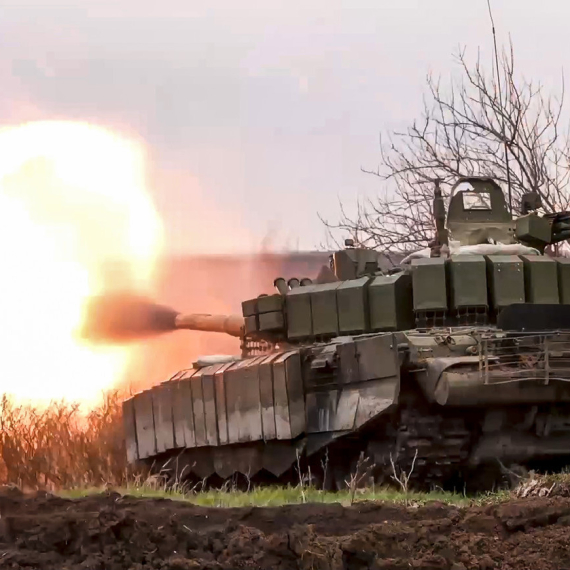
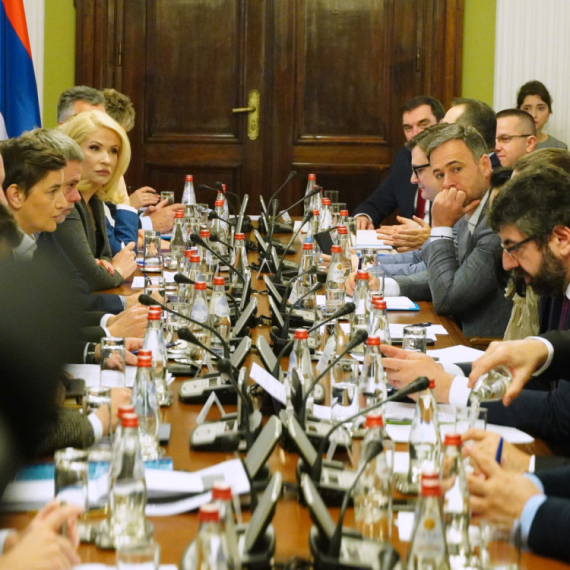


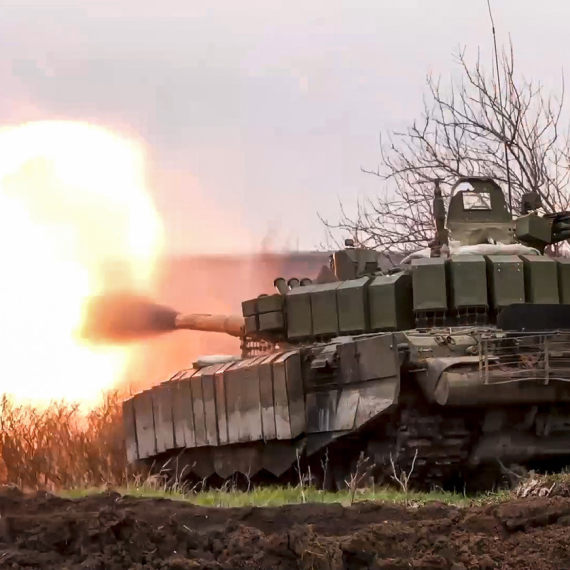

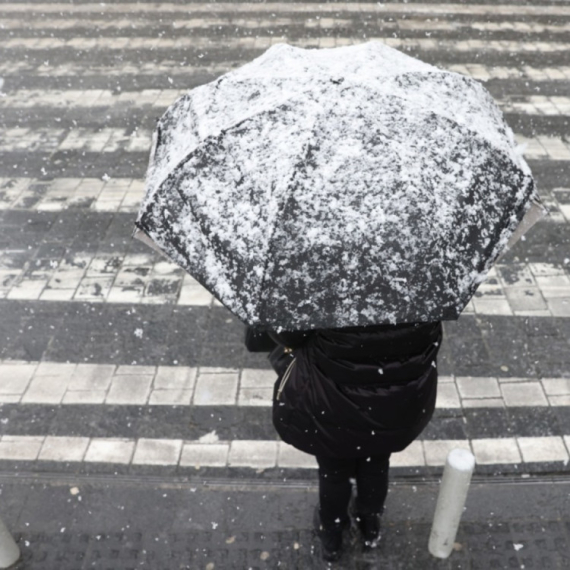
















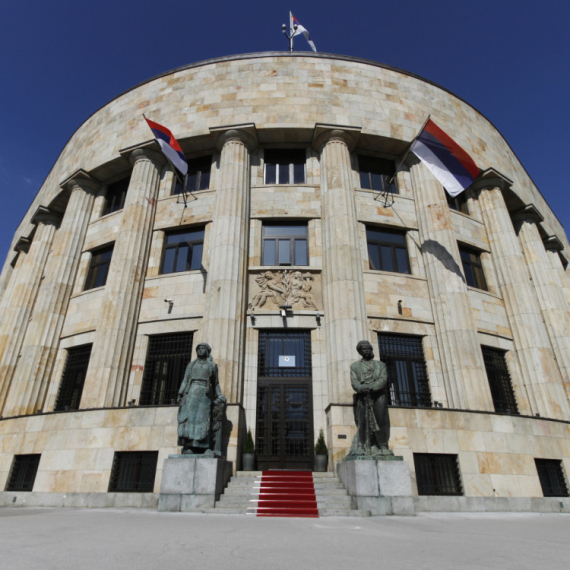

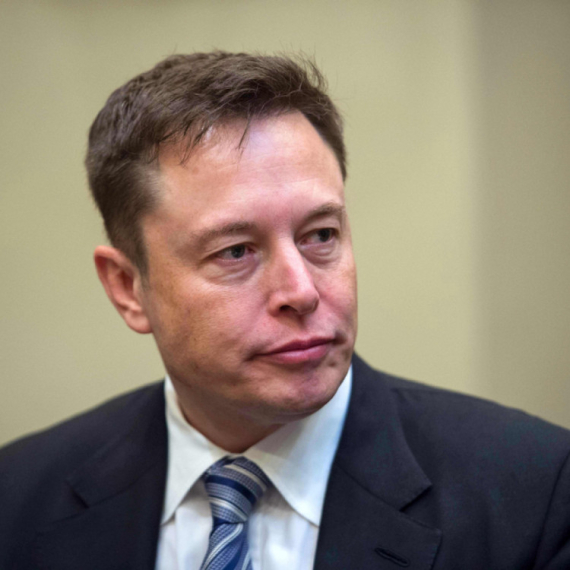




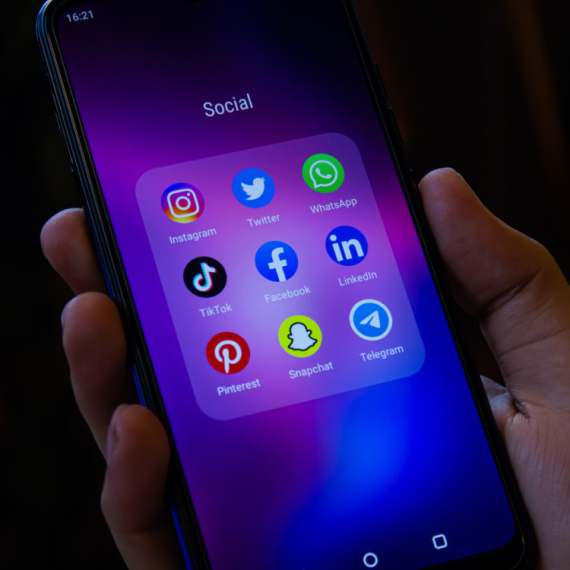
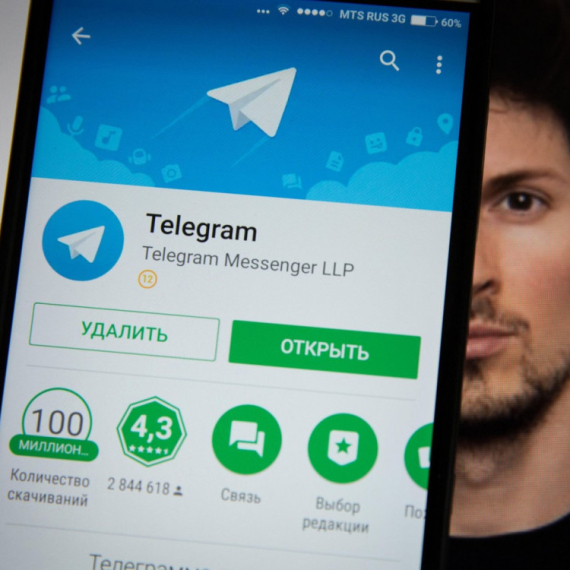





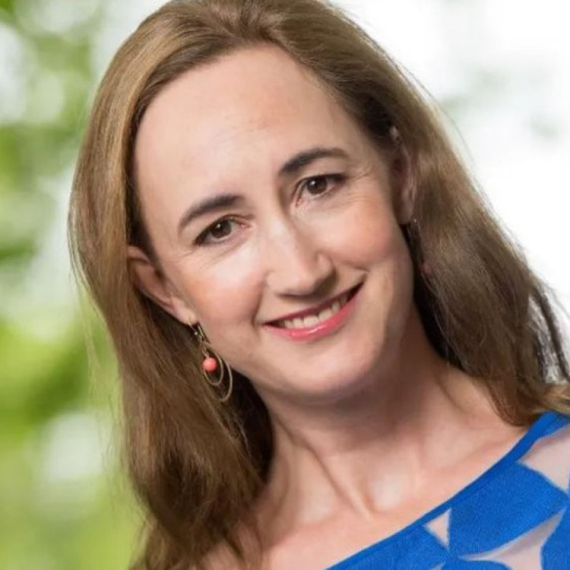
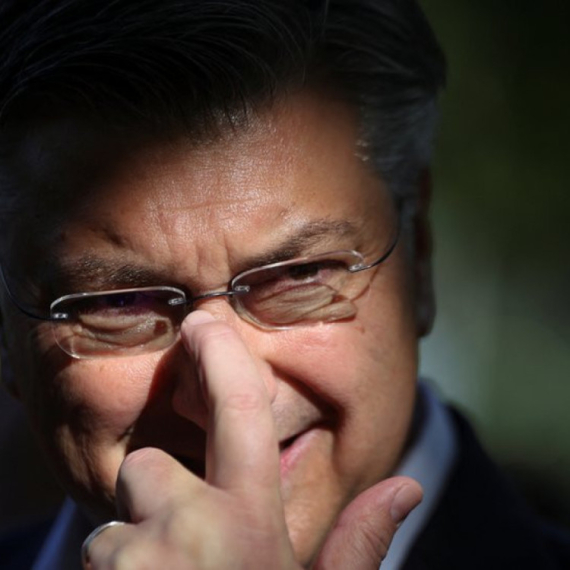
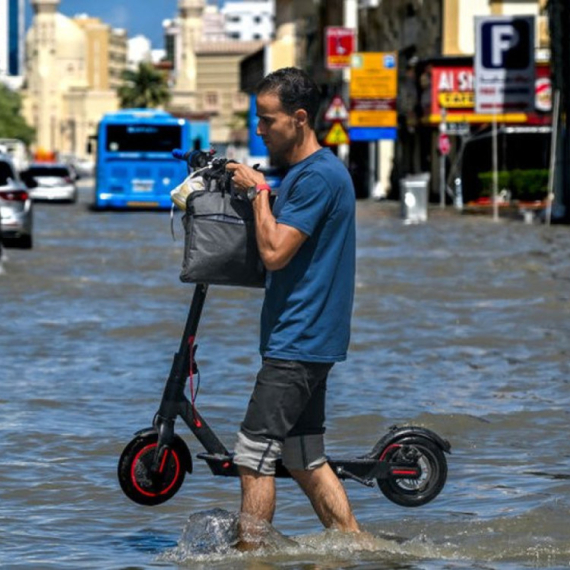
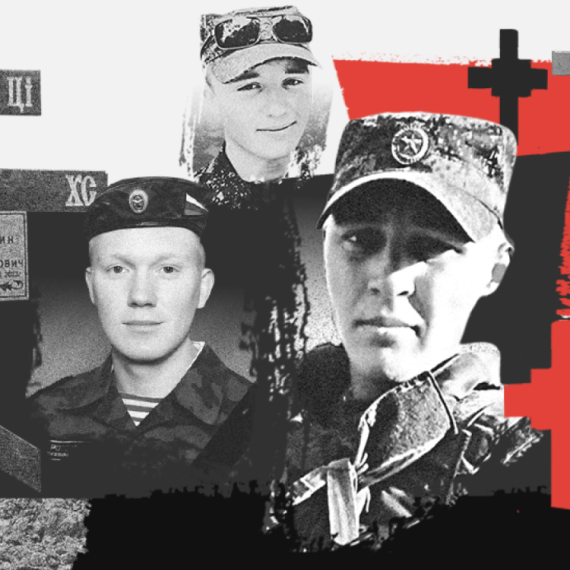


Komentari 35
Pogledaj komentare